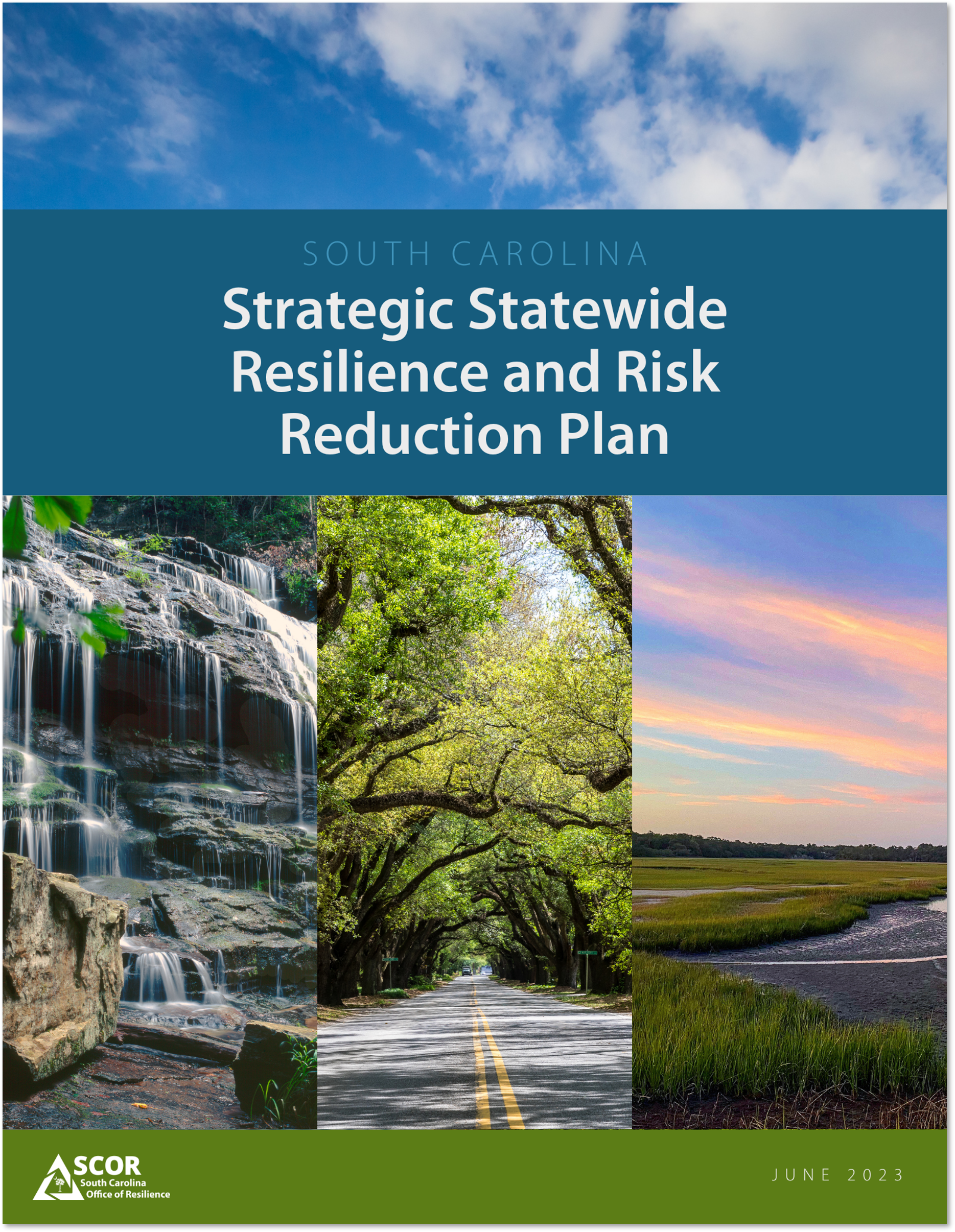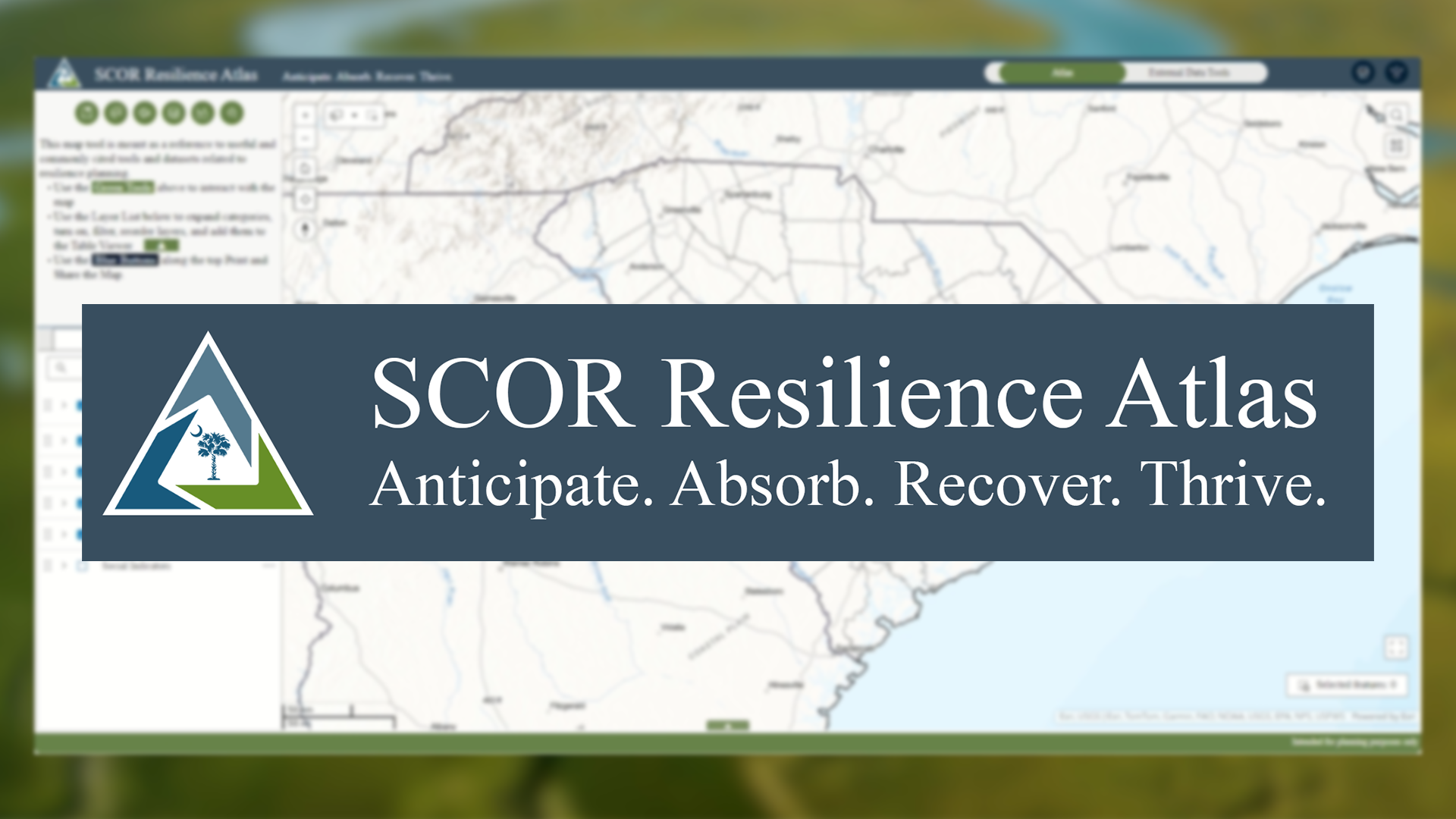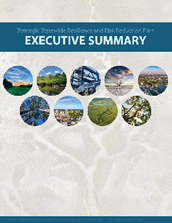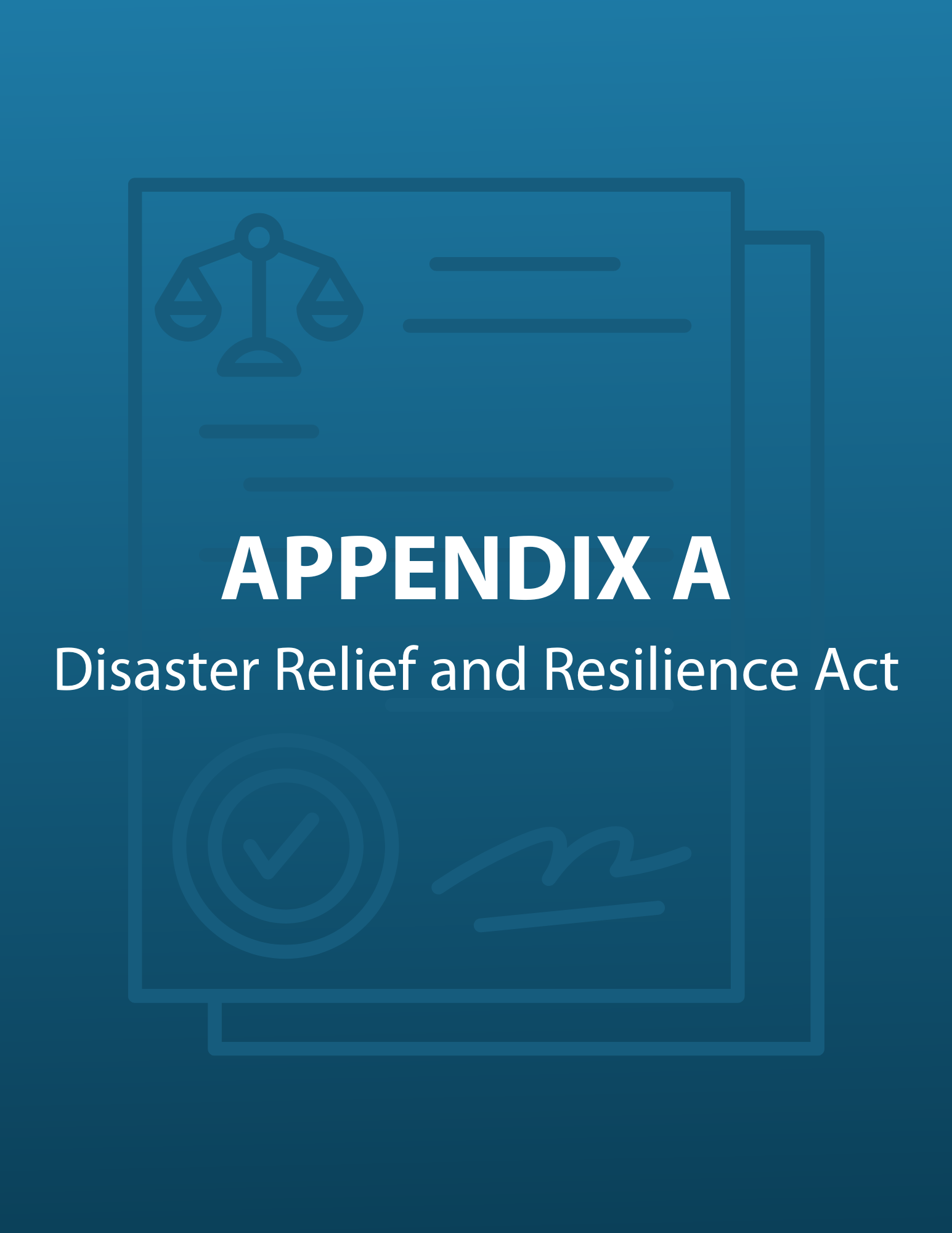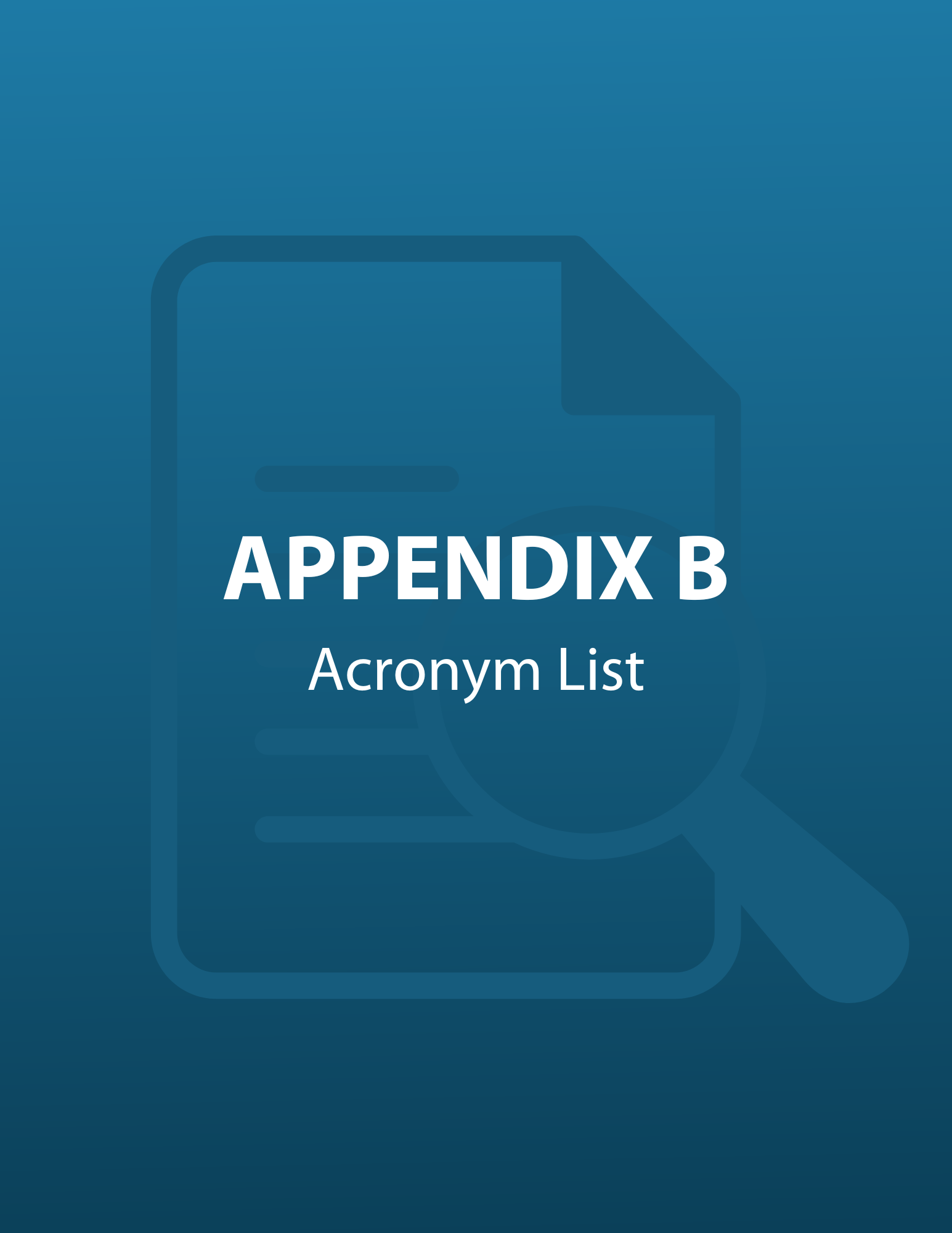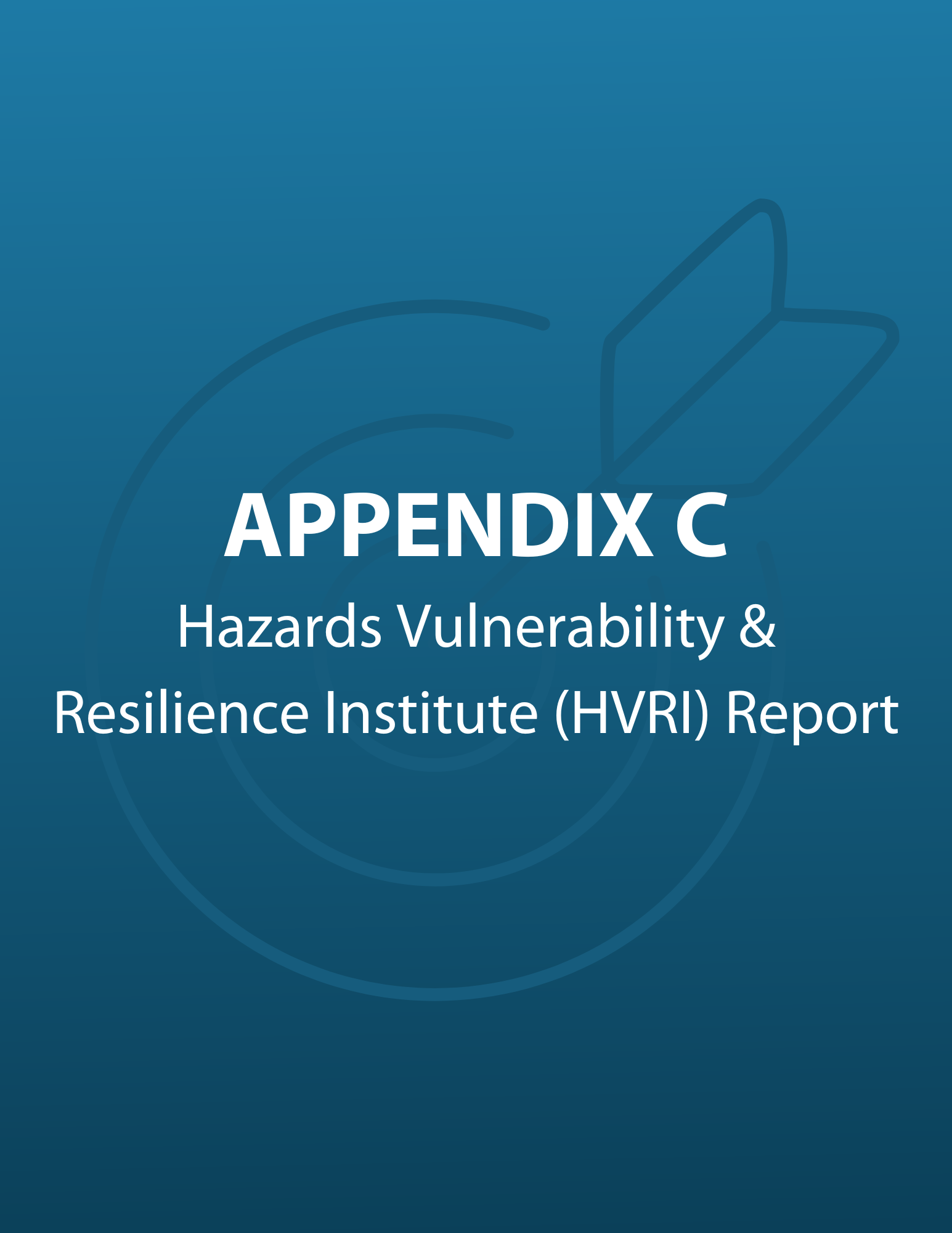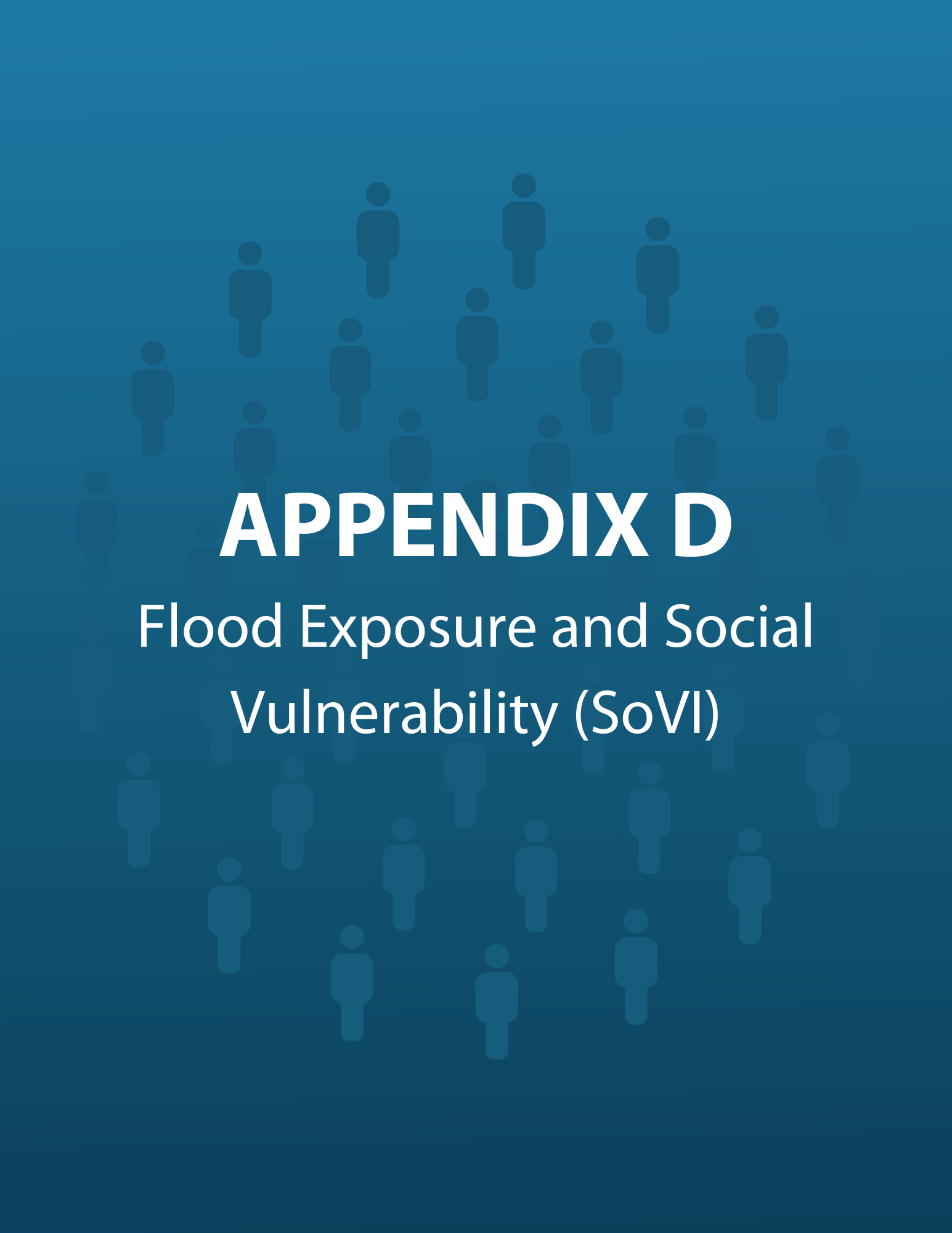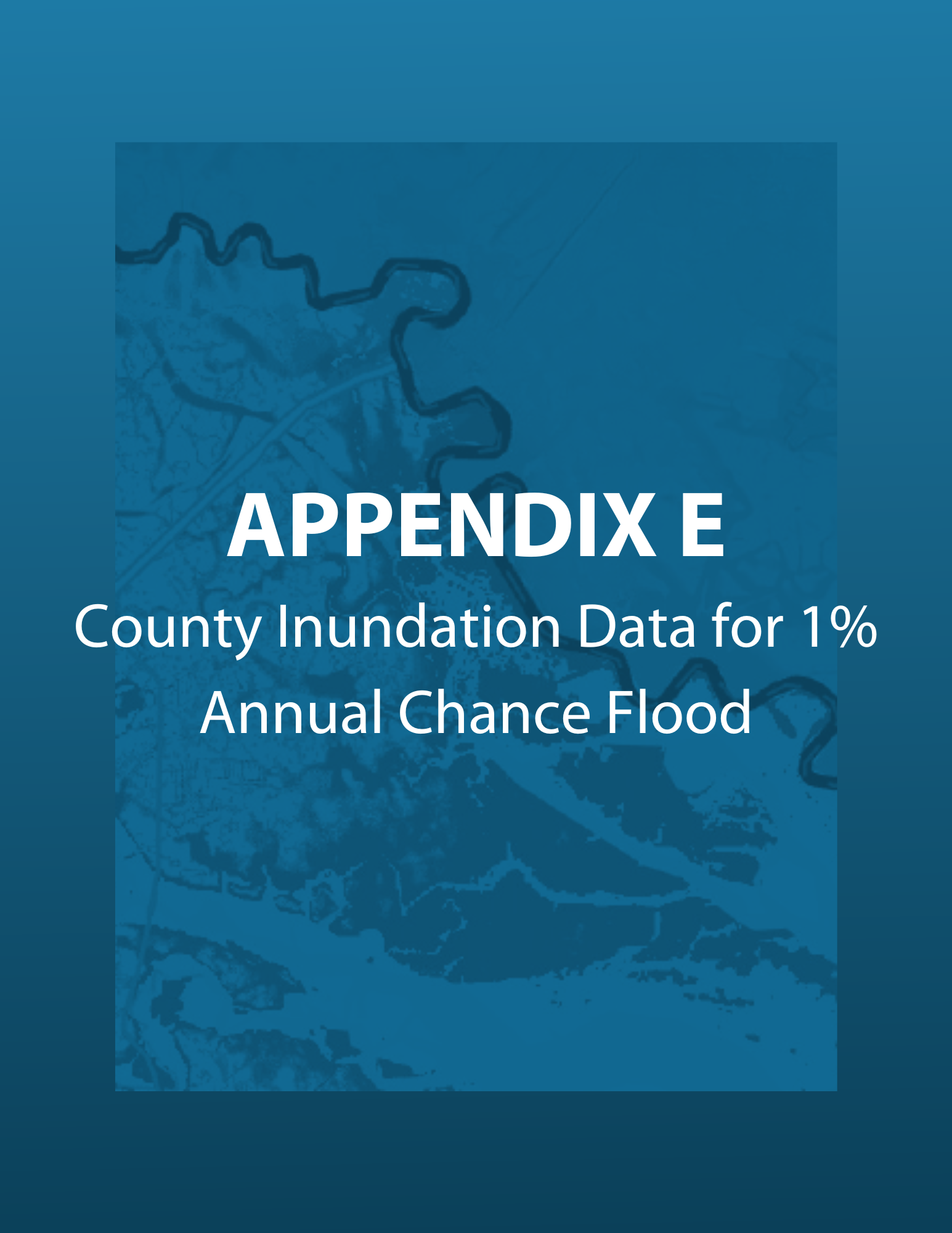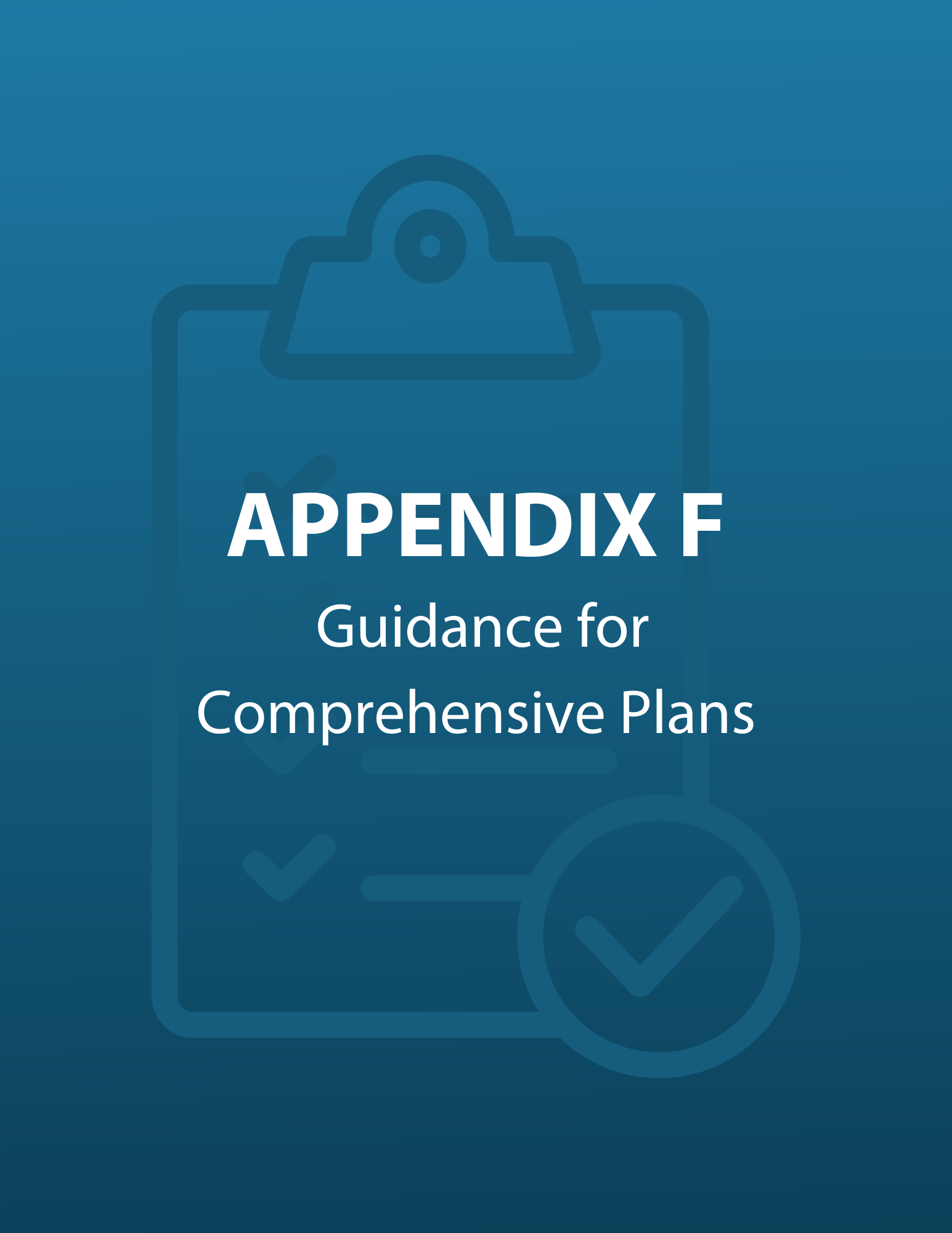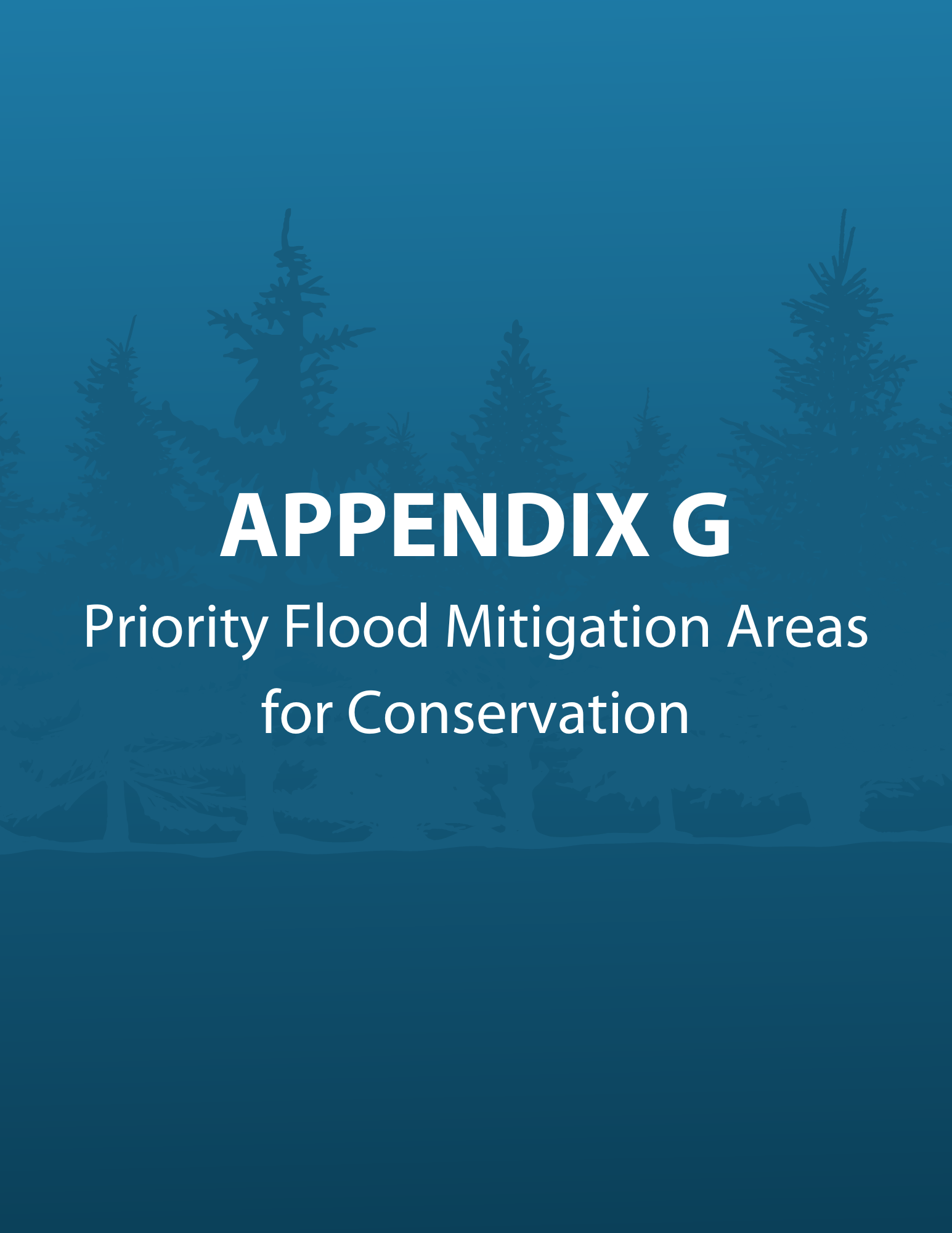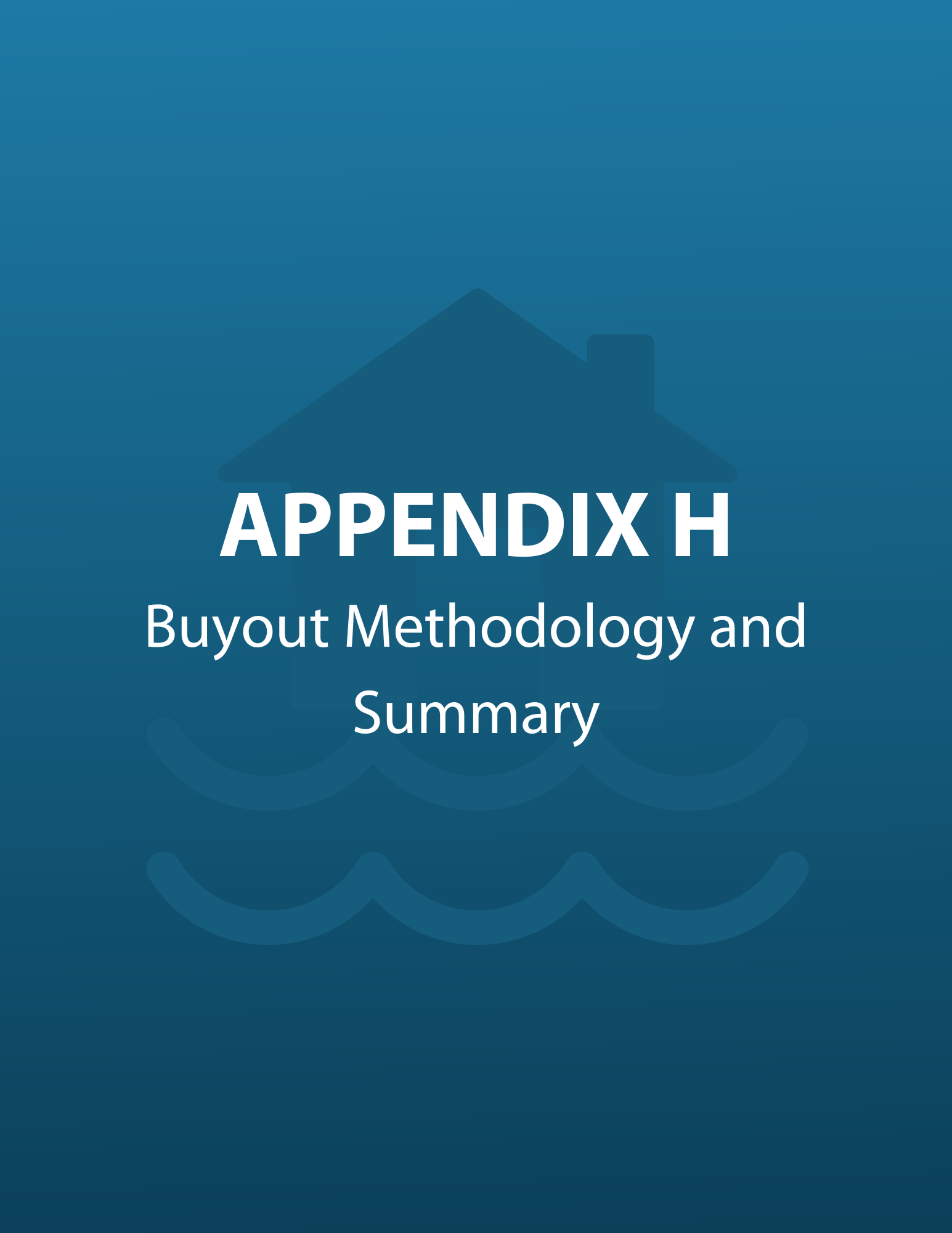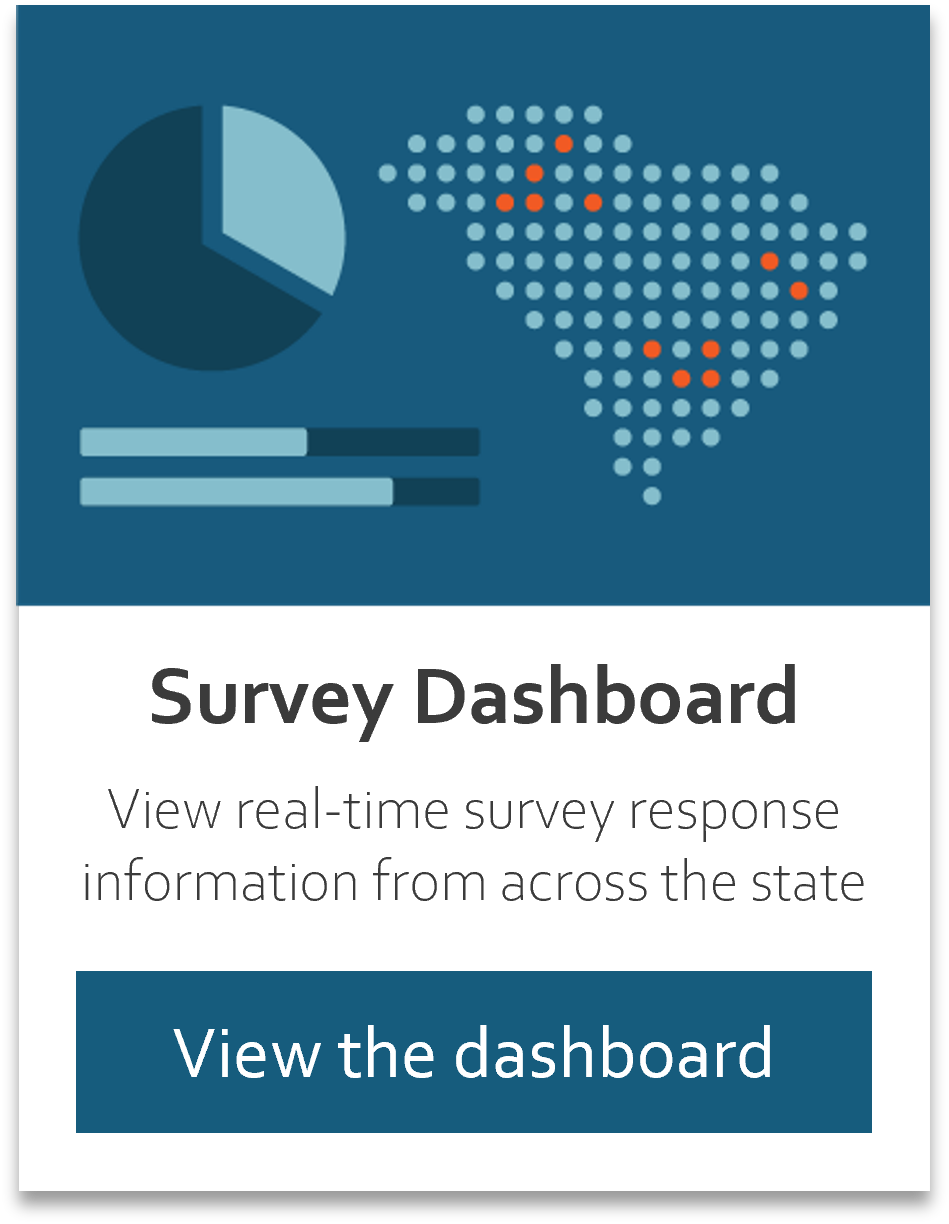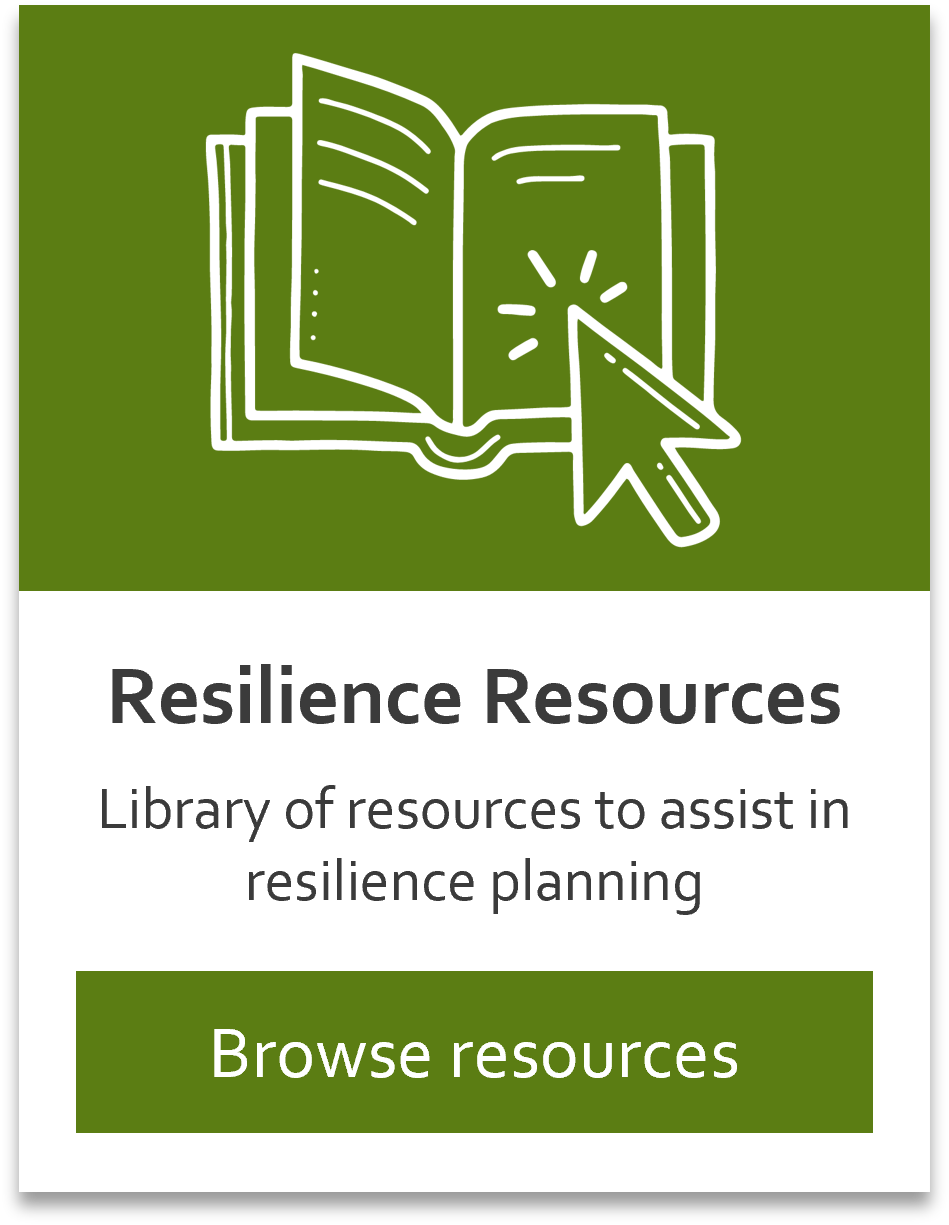As required by the South Carolina Disaster Relief and Resilience Act (SC Code §48-62-10 et. seq.), The South Carolina Office of Resilience is responsible for developing and implementing a Strategic Statewide Resilience and Risk Reduction Plan (Resilience Plan).
View the Full Plan: Access the Data We Use:
Strategic Statewide Resilience and Risk Reduction Plan
In order to reduce losses from future disasters across the State, the office is responsible for the development, implementation, and maintenance of the Resilience Plan. The Resilience Plan evaluates South Carolina's eight major watersheds, examines the flood risks that exist in each area, and identifies potential losses that could occur as a result of severe weather events and other natural catastrophes including but not limited to flooding, wildfires, and drought conditions.
The required elements of the plan may be found in the SC Disaster Relief and Resilience Act. The final product provides strategies for local governments for mitigating flood risks and ways to integrate risk reduction into existing strategies for hazard mitigation, environmental protection, and economic opportunity and development. SCOR coordinated with the Advisory Committee created by the South Carolina Disaster Relief and Resilience Act to develop the Resilience Plan. Advisory Committee members include:
- SC Department of Natural Resources
- SC Department of Insurance
- SC Department of Agriculture
- SC Emergency Management Division
- SC Sea Grant Consortium
- SC Department of Commerce
- SC Department of Health and Environmental Control
- SC Department of Parks, Recreation & Tourism
- SC Department of Transportation
- SC Forestry Commission
- SC Department of Labor, Licensing and Registration
- SC Association of Counties
- Municipal Association of South Carolina
- SC State Housing Finance & Development Authority
- SC Ports Authority
- U.S. Army Corps of Engineers
View the plan by chapter:
Appendices:
Public Engagement
Public Comment
SCOR welcomes comments and questions from the public as they review the Draft Flood Vulnerability Assessment, Draft Climate Chapter and appendices. When submitting feedback for the Vulnerability Assessment and related materials, please enter Resilience Planning in the subject line. Submit feedback here, or email resilience@scor.sc.gov.
Flooding Survey
SCOR continues to seek input from citizens around the state about their experiences with flooding in order to better inform the Resilience Plan. Citizens are encouraged to complete this survey to share details about flooding in their areas, and to encourage their communities to complete the survey as well. View the dashboard to see a live report of survey responses collected so far.
Resilience Resources
The resilience planning team has compiled a repository of resilience resources for use by local municipalities and other entities involved in resilience planning. Find those resources here.
To learn more about the Strategic Statewide Resilience and Risk Reduction Plan and to read the corresponding legislation, visit the History page.

